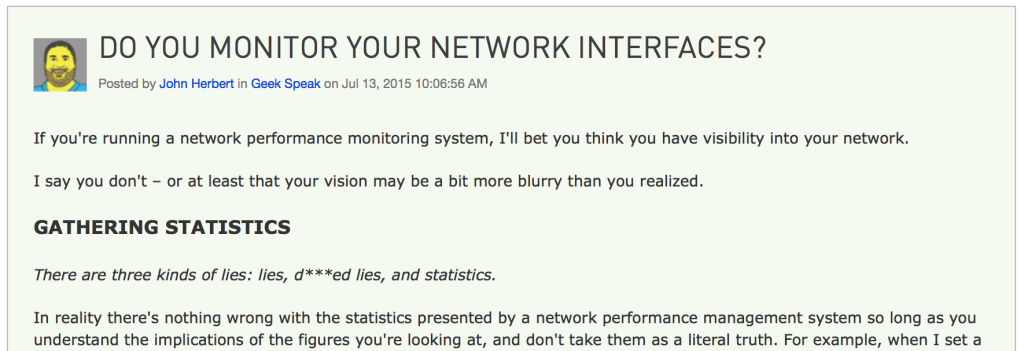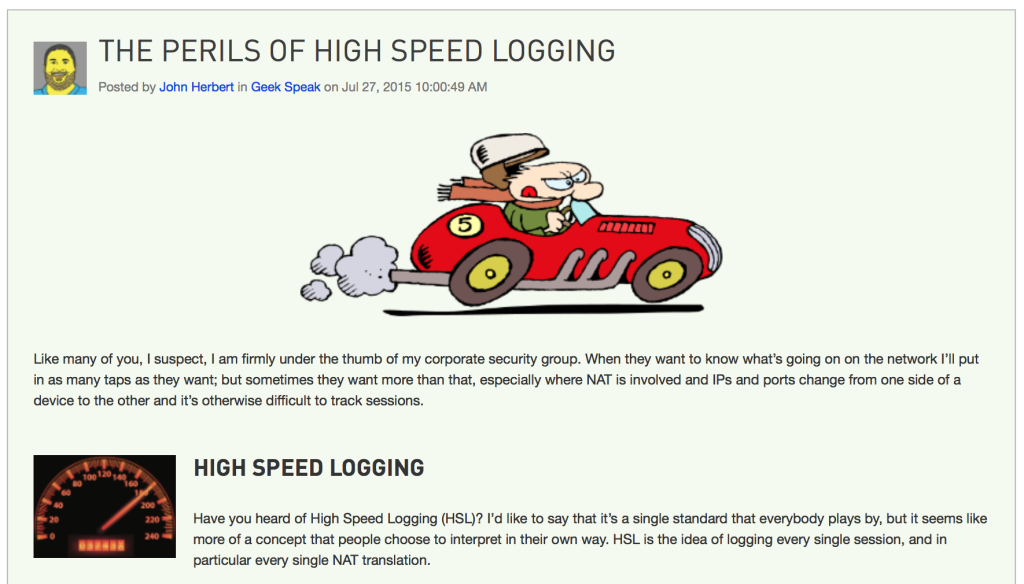The New Telecom Debt Bubble
 Huge bets by AT&T and Verizon don't point to a happy ending for equipment suppliers.
Huge bets by AT&T and Verizon don't point to a happy ending for equipment suppliers.
ARIN IPv4 Address Supply Runs Out
Pressure to deploy IPv6 heats up with the depletion of ARIN's IPv4 free pool.PQ Show 56 – VMware NSX In Production – Sponsored
This sponsored Priority Queue looks at the realities of using NSX in production, discusses practical customer use cases for network virtualization, and examines issues raised by listeners about NSX.
The post PQ Show 56 – VMware NSX In Production – Sponsored appeared first on Packet Pushers.
Blazing performance with 6WIND Speed Series Turbo Appliances
 SDxCentral announces the availability of the 6WIND Performance Test Report with a closer look at 6WIND’s Speed Series. Download the report to learn about performance on x86 COTS cloud server platforms.
SDxCentral announces the availability of the 6WIND Performance Test Report with a closer look at 6WIND’s Speed Series. Download the report to learn about performance on x86 COTS cloud server platforms.
Featured Interview: Paul Pindell on F5 & VMware NSX Integration
 F5 Networks Paul Pindell sat down with SDxCentral to discuss the F5 and VMware partnership and product integration with VMware NSX.
F5 Networks Paul Pindell sat down with SDxCentral to discuss the F5 and VMware partnership and product integration with VMware NSX.
Dell Bows New Campus & Data Center Switches
 New switches continue Dell's
New switches continue Dell's
Worth Reading: Breach Presumption

The post Worth Reading: Breach Presumption appeared first on 'net work.
Geek Speak Round Up – Network Management

I mentioned a few months ago that I had been asked to write some thought-provoking blogs on the subject of network management for the Solarwinds Thwack Community “Geek Speak” area. I’ve now finished my six posts, and while they won’t be reproduced on movingpackets.net, I’m linking to them here as I think they touch on some subjects close to my Software Defined Heart.
Click da pic to read the article.
1. Do You Monitor Your Network Interfaces?
2. The Perils of High Speed Logging
3. Could SNMP Please Just Die Already?
4. Keeping Your Secrets Secret
5. DHCP As A Configuration Tool
6. Network Management Isn’t Enough Any More
I hope you find something to think about or react to there. I’ve tried to blend some hyperbole with a tablespoon of annoyance and a light dash of technical reality. If you have any specific comments on any of these posts, the right thing to do would be to login to Thwack and comment there, but I’ll take any feedback you want to give, wherever it is.
Disclosures
I am participating in the Solarwinds Thwack Ambassador program on a paid basis for July-September 2015. My posts Continue reading






